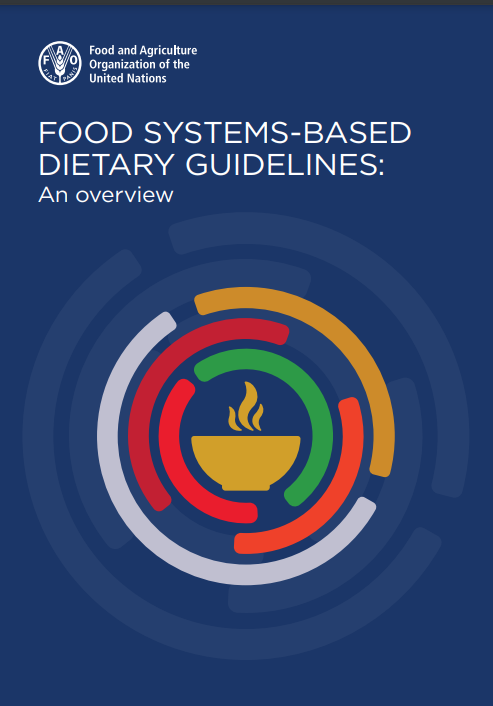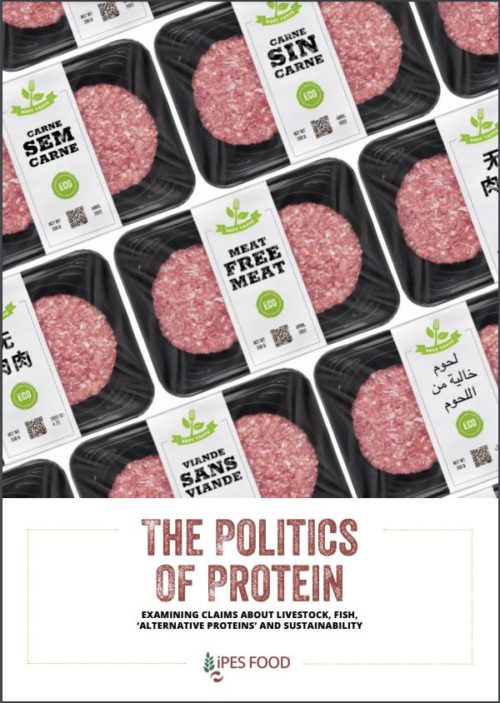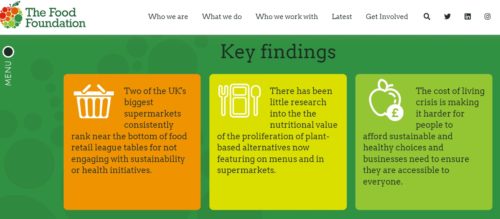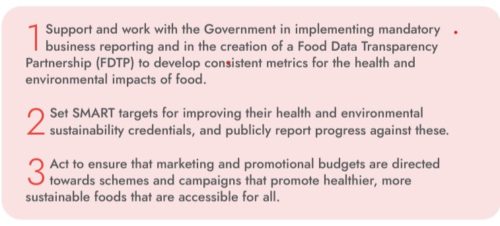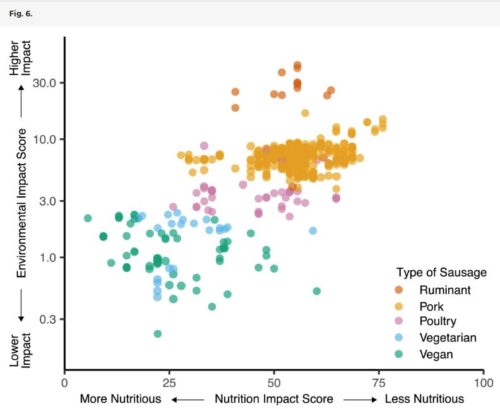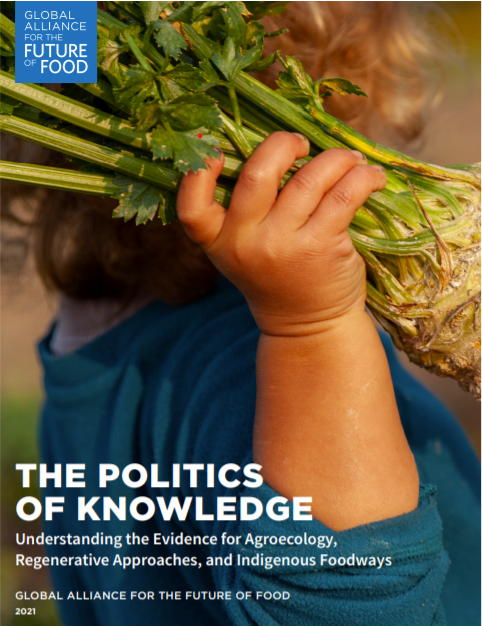I am suddenly deluged with items about chocolate, which seems to raise any number of food politics issues.
For today, let’s deal with three: content of toxic heavy metals, research conflicts of interest, and claims of sustainability,
I. Heavy metals. I learned about this one from Food Safety News (FSN): Consumer Reports finds one-third of chocolate is high in heavy metals: CR today released test results that have it urging Hershey’s to get harmful lead and cadmium out of its chocolate products.
FSN conveniently provided a link to the full CR report, which says.
When we tested dark chocolate bars last year, we found lead or cadmium levels above CR’s thresholds in 23 of 28 bars, or 82 percent of them. Our results this time were similar. Of the seven bars we tested, five, or 71 percent, were above our levels for lead, cadmium, or both…Eating an ounce of four others would put you over our limit for lead.
Food Safety News also reports: Chocolate makers say they have heavy metals issue under control: The National Confectioners Association (NCA) : “Chocolate and cocoa are safe to eat and can be enjoyed as treats as they have been for centuries,” NCA says. “Food safety and product quality remain our highest priorities,… Continue Reading
ConsumerLab does its own testing for toxins in Dark Chocolate, Cocoa & Cacao Products.
Which dark chocolate and cocoa products are best? Be careful! Several cocoa powders, cacao nibs, and some dark chocolates failed to pass our review due to contamination with high levels of cadmium, a toxic heavy metal (see What CL Found).
II. Conflicts of interest. ConsumerLab also commented on cocoa flavanols.
Furthermore, levels of potentially beneficial cocoa flavanols ranged from just 1 mg to 374 mg in cocoa powders and mixes, 2 mg to 351 mg in dark chocolates, and 2 mg to 993 mg in supplements. Products also vary widely in calories per serving.
This took me right to an e-mail from a reader, Thijs van Rens, Professor of Economics, University of Warwick,. He wanted me to see something he had read in The Conversation: “Flavanols are linked to better memory and heart health – here’s what foods you can eat to get these benefits.”
He pointed out that the author “…received research funding from Mars, Inc., a company engaged in flavanol research and flavanol-related commercial activities.” He added:
I got suspicious about the funding when I read this: “This is why flavanols extracted from cocoa are an ideal model, as they contain the two main types of flavanols.”
In fact, I was going to comment and complain about The Conversation publishing something like this, until I noticed the one-but-last paragraph:
“It’s also important to note that while the flavanols used in many studies were extracted from cocoa, unfortunately chocolate (even dark chocolate) is a very poor source of flavanols – despite what some headlines might claim. This is because these flavanols are lost during processing.”
Not sure what to make of the article. On the one hand, the author clearly states not to eat chocolate for this reason and the funding is clearly disclosed. On the other hand, how many readers will get to the one-but-last paragraph and check the disclosure statement. On balance, I could imagine Mars Inc. would be quite happy about this article.
Indeed yes. That’s why they paid for it (but see clarification below)
III. Sustainability. This also came in a e-mail, this time a press release from Chocolate Scorecard, a group that rates chocolate companies on practices related to traceability, wages, child labor, deforestation, agroecology, etc. Its key messages:
- Sustainability claims of chocolate companies cannot necessarily be trusted.
- Only 11% of chocolate companies can fully trace where their cocoa comes from – without knowing they cannot claim sustainability.
- Farmers need to be paid more for their cocoa to ensure a sustainable life.
“100% sustainably sourced cocoa,” says the sign on the stand promoting a well-known chocolate brand in the supermarket. The message is not one you can necessarily trust.
…A recent report by Oxfam claims that the “net income of farmers decreased by an estimated 16.38% between the 2019/20 and 2021/22 harvesting season.” When the price of cocoa increases everything else a farmer purchases increases in price, leaving worse off in reality. This is associated with increases in profits in chocolate companies.
The Chocolate Scorecard is a collective of 37 NGO’s and Universities. They are calling on chocolate companies to commit to a ‘living income’ for cocoa farmers.
And you thought you were just eating candy.
Additions
Readers wrote to remind me to add:
Clarification
The author of the flavanol article wrote to say that my comment could be interpreted as suggesting he was paid to write it, which he was not. That was not my intention and I apologize for giving that impression. I do see research or commentary paid for by food companies, but such instances are rare. The “funding effect,” as I discuss in my book Unsavory Truth, gives the appearance of conflicted interest no matter what its actual level of influence.
